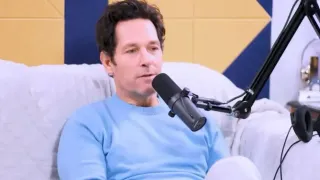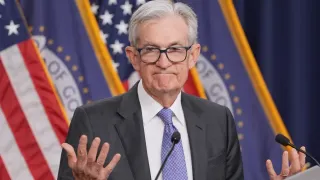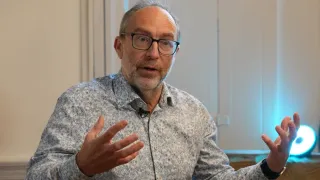June 12, 2014
Hayward LGBT Center Shutters Doors
Kilian Melloy READ TIME: 2 MIN.
In a decision widely described as historic, the Constitutional Court of the Dominican Republic has struck down provisions in the Police Justice Code and the Armed Forces Justice Code that had criminalized same-sex conduct within the country’s police forces and military. These articles, in force since 1966, imposed penalties of up to two years in prison for officers engaging in consensual same-sex relationships. The court’s verdict, publicized this week, found the laws violated constitutional protections against discrimination based on sexual orientation and affirmed the right to equality under Dominican law.
While the Dominican Republic does not criminalize same-sex relations among civilians, those serving in the police and armed forces have long faced the threat of prosecution, job loss, and stigma simply for their identities or private relationships. Human rights organizations, including Human Rights Watch, have challenged these laws for years, submitting legal briefs to the court and arguing that such provisions violate international human rights standards and perpetuate a discriminatory environment within state institutions. Anderson Javiel Dirocie de León, among the legal team leading the constitutional challenge, described the now-overturned provisions as forcing LGBTQ+ officers to “serve in constant fear of being discovered, sanctioned, and losing everything, including their livelihood”.
The ruling has been met with celebration from LGBTQ+ advocates, who have called it a long-overdue affirmation of dignity and equality. “For decades, these provisions forced LGBT officers to live in fear of punishment simply for who they are,” said Cristian González Cabrera, a senior researcher at Human Rights Watch. He added, “This ruling is a resounding affirmation that a more inclusive future is both possible and required under Dominican law”. Manuel Meccariello, director of the Human Rights Observatory for Vulnerable Groups, emphasized that “no one should be discriminated against, not only within the ranks of the police and the armed forces, but in general”.
However, the decision has also drawn opposition from socially conservative groups in the country. Feliciano Lacen, spokesperson for the main evangelical organization, characterized the ruling as a challenge to the nation’s moral and social values. Official responses from the Ministry of Defense and the National Police have so far been limited, with both declining to comment in the immediate aftermath.
Advocates caution that, while the court’s decision is a major advance, the Dominican Republic continues to lag behind many of its neighbors in broader LGBTQ+ rights. The constitution still bans same-sex marriage, and there is no comprehensive anti-discrimination legislation covering employment, health care, housing, or public accommodations for LGBTQ+ people.
Human Rights Watch and other organizations have urged President Luis Abinader and the Dominican Congress to build on this momentum by enacting laws to protect LGBTQ+ individuals from discrimination in all spheres of life. They argue that repealing discriminatory laws and extending equal rights signals a commitment to human rights and non-discrimination, both domestically and to the world stage.
The Dominican Republic now joins a list of Latin American nations—including Peru, Ecuador, and Venezuela—that have moved to end the criminalization of same-sex conduct in state institutions, marking a significant step for the region. For many LGBTQ+ Dominicans, the court’s verdict represents both a symbolic and practical victory—but also a reminder that the broader fight for equality and recognition continues.






